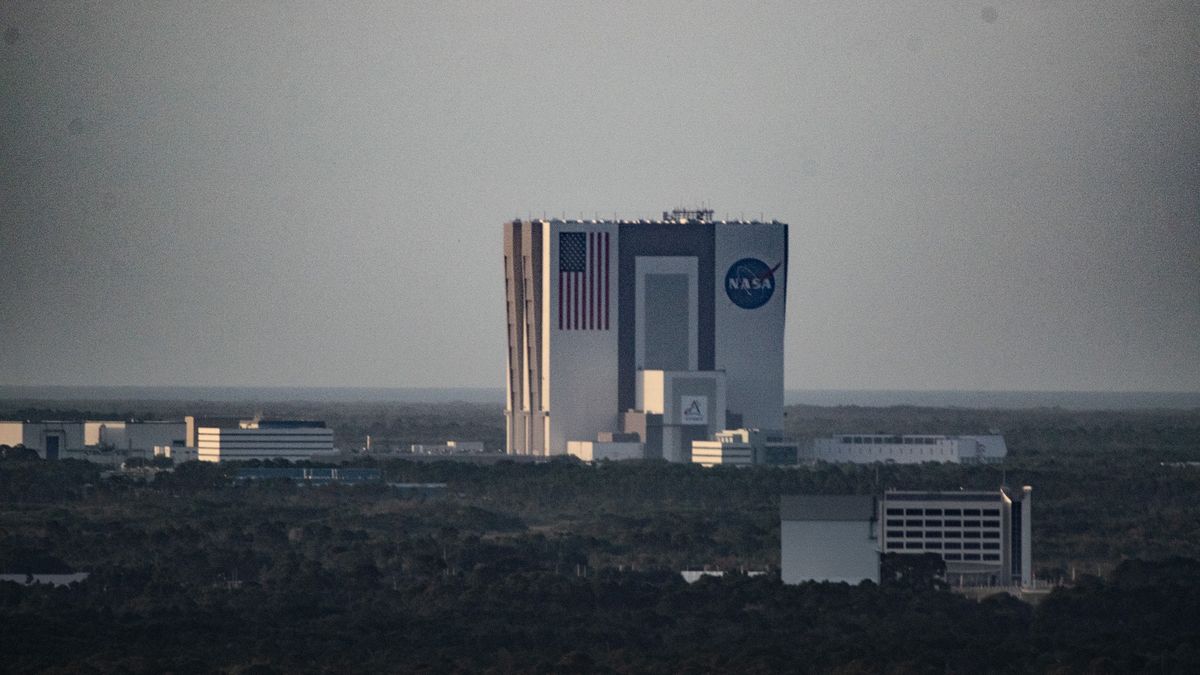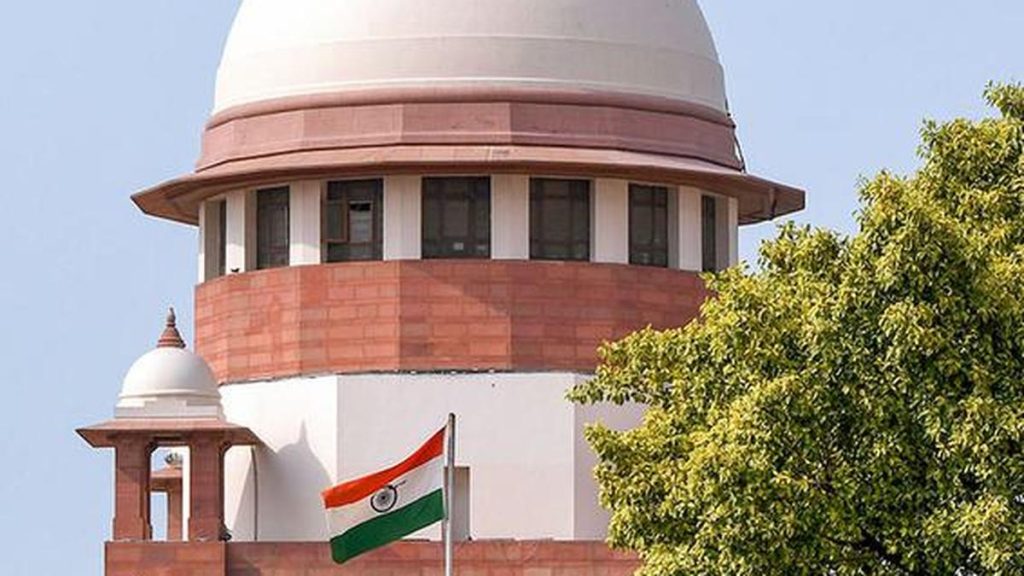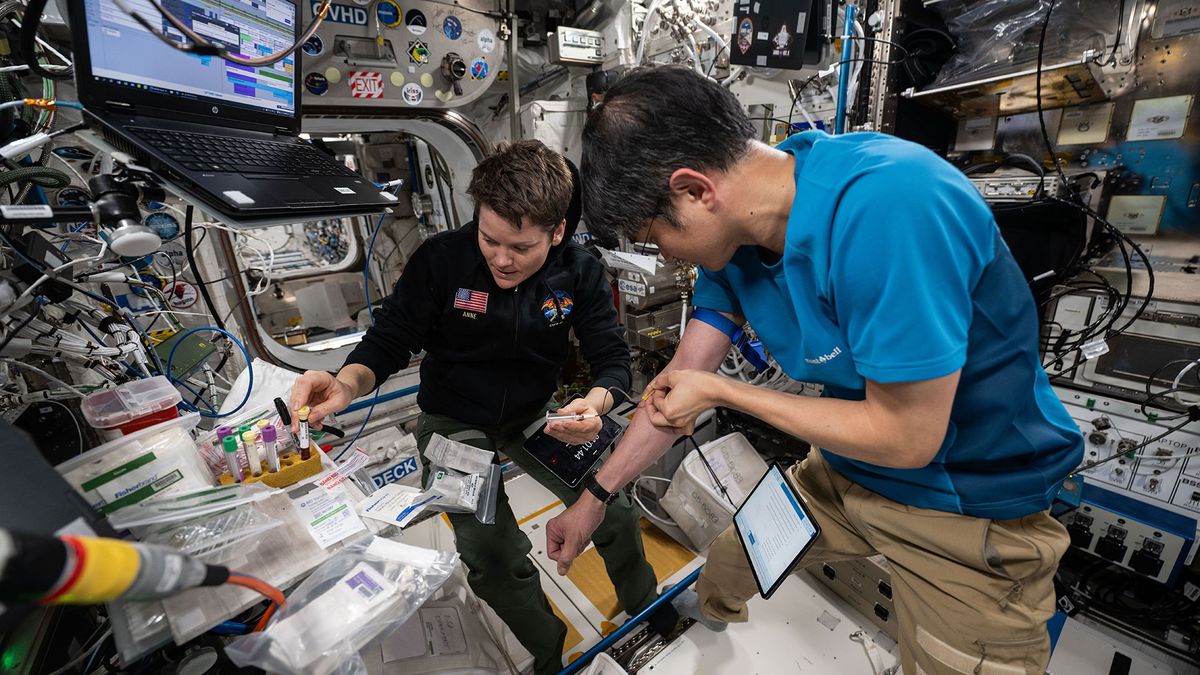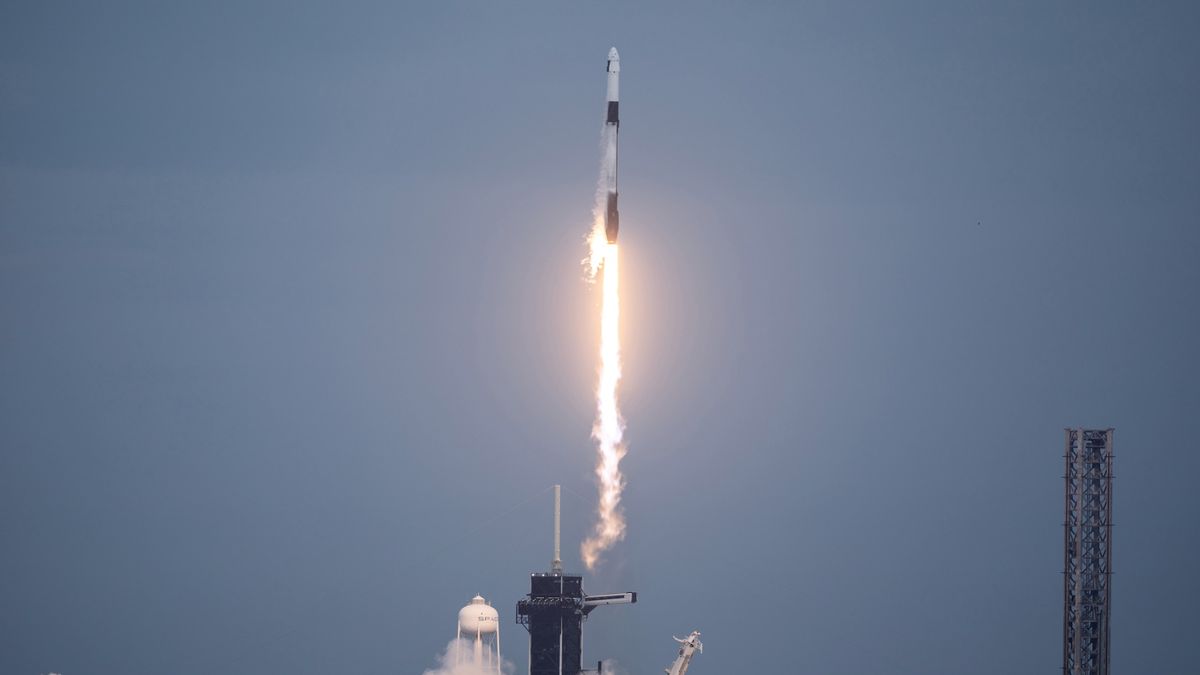Now Reading: US Scientists Criticize 47% Cut to NASA Science Budget Under Trump
-
01
US Scientists Criticize 47% Cut to NASA Science Budget Under Trump
US Scientists Criticize 47% Cut to NASA Science Budget Under Trump

Quick Summary
- President Trump’s 2026 budget proposal heavily cuts NASA’s funding, slashing science programs by 47% and reducing NASA’s workforce by one-third.
- the proposed cuts would cancel projects worth $12 billion in taxpayer investment, including Mars Sample Return (MSR), OSIRIS-APEX, Juno spacecraft operations, and planetary missions to study Venus and Jupiter among others.
- The plan redirects focus towards human Mars exploration with increased funding ($1 billion for technology progress and $280 million for robotic precursor missions).
- Experts raised concerns on the long-term implications of losing vital scientific data collections amid ongoing climate change crises. Critics describe the proposed cuts as an “extinction-level event” for ongoing U.S.-based scientific research efforts.
- Bipartisan opposition exists against thes proposals; key figures call the budget “dead on arrival.” critics highlight its inefficiency and poor alignment with strategic space goals.
Indian Opinion Analysis
Decisions impacting global scientific research often ripple through international collaborations, such as those between NASA and India’s ISRO (Indian Space Research Association). If these cuts go through, India could contend with delayed access to shared Mars or Venus-related datasets that are vital for advancing planetary science globally. Furthermore, reduced U.S.-led Earth-mission initiatives-focused on climate forecasting or disaster prevention-limit regional preparedness collaborative models that benefit nations like India prone to floods or cyclones.
Such important downsizing also raises broader questions around sustainability in space exploration policymaking across administrations reliant on continuity over decades-long timelines. India’s active commitment to fostering robust bilateral relations may need recalibration should resource sharing decrease amidst tightened governmental priorities in the United States.


























